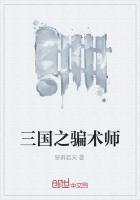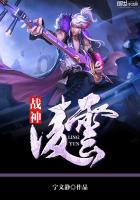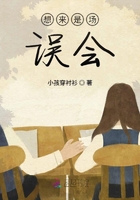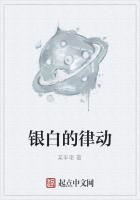But we must remember that the marketplace does only one thing-it puts a price on everything.
The role of culture, however, must go beyond economics. It is not focused on the price of things, but on their value. And, above all, culture should tell us what is beyond price, including what does not belong in the marketplace. A culture should also provide some cogent view of the good life beyond mass accumulation. In this respect, our culture is failing us.
There is only one social force in America potentially large and strong enough to counterbalance this profit driven commercialization of cultural values, our educational system, especially public education. Traditionally, education has been one thing that our nation has agreed cannot be left entirely to the marketplace-but made mandatory and freely available to everyone.
At 56, I am just old enough to remember a time when every public high school in this country had a music program with choir and band, usually a jazz band, too, sometimes even orchestra. And every high school offered a drama program, sometimes with dance instruction. And there were writing opportunities in the school paper and literary magazine, as well as studio art training.
I am sorry to say that these programs are no longer widely available to the new generation of Americans. This once visionary and democratic system has been almost entirely dismantled by well meaning but myopic school boards, county commissioners, and state officials, with the federal government largely indifferent to the issue. Art became an expendable luxury, and 50 million students have paid the price. Today a child’s access to arts education is largely a function of his or her parents‘ income.
In a time of social progress and economic prosperity, why have weexperienced this colossal cultural and political decline? There are several reasons, but I must risk offending many friends and colleagues by saying that surely artists and intellectuals are partly to blame. Most American artists, intellectuals, and academics have lost their ability to converse with the rest of society. We have become wonderfully expert in talking to one another, but we have become almost invisible and inaudible in the general culture.
This mutual estrangement has had enormous cultural, social, and political consequences. America needs its artists and intellectuals, and they need to reestablish their rightful place in the general culture. If we could reopen the conversation between our best minds and the broader public, the results would not only transform society but also artistic and intellectual life.
There is no better place to start this rapprochement than in arts education. How do we explain to the larger society the benefits of this civic investment when they have been convinced that the purpose of arts education is mostly to produce more artists-hardly a compelling argument to either the average taxpayer or financially strapped school board?
We need to create a new national consensus. The purpose of arts education is not to produce more artists, though that is a byproduct. The real purpose of arts education is to create complete human beings capable of leading successful and productive lives in a free society.
This is not happening now in American schools. Even if you forget the larger catastrophe that only 70 percent of American kids now graduate from high school, what are we to make of a public education system whose highest goal seems to be producing minimally competent entry-level workers?
The situation is a cultural and educational disaster, but it also has huge and alarming economic consequences. If the United States is to compete effectively with the rest of the world in the new global marketplace, it is not going to succeed through cheap labor or cheap raw materials, nor even the freeflow of capital or a streamlined industrial base. To compete successfully, this country needs continued creativity, ingenuity, and innovation.
It is hard to see those qualities thriving in a nation whose educational system ranks at the bottom of the developed world and has mostly eliminated the arts from the curriculum.
I have seen firsthand the enormous transformative power of the arts-in the lives of individuals, in communities, and even society at large.
Marcus Aurelius believed that the course of wisdom consisted of learning to trade easy pleasures for more complex and challenging ones. I worry about a culture that bit by bit trade off the challenging pleasures of art for the easy comforts of entertainment. And that is exactly what is happening-not just in the media, but in our schools and civic life.
Entertainment promises us a predictable pleasure-humor, thrills, emotional titillation, or even the odd delight of being vicariously terrified. It exploits and manipulates who we are rather than challenges us with a vision of who we might become. A child who spends a month mastering Halo or NBA Live on Xbox has not been awakened and transformed the way that child would be spending the time rehearsing a play or learning to draw.
If you don’t believe me, you should read the statistical studies that are now coming out about American civic participation. Our country is dividing into two distinct behavioral groups. One group spends most of its free time sitting at home as passive consumers of electronic entertainment. Even family communication is breaking down as members increasingly spend their time alone, staring at their individual screens.
The other group also uses and enjoys the new technology, but these individuals balance it with a broader range of activities. They go out-to exercise, play sports, volunteer and do charity work at about three times the level of the first group. By every measure they are vastly more active andsocially engaged than the first group.














